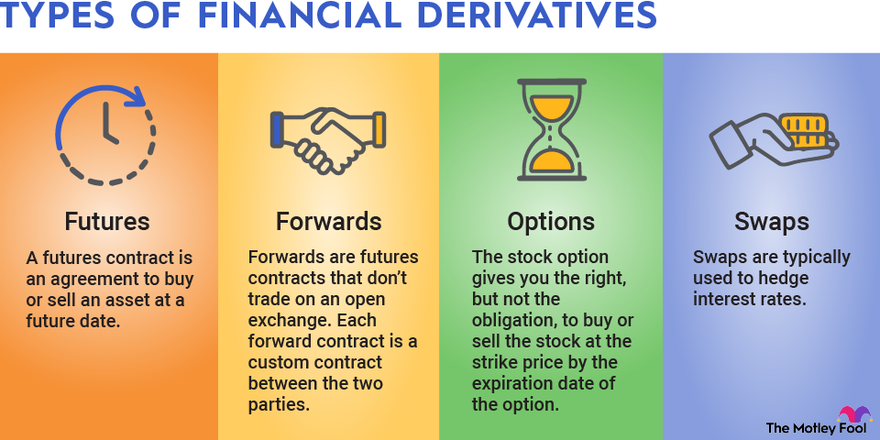A derivative is a security with a price that is dependent upon or derived from the price of another security. The most common underlying securities are stocks, bonds, commodities, currencies, interest rates and market indexes. Financial derivatives can be used for a variety of purposes, including hedging, speculation and arbitrage.
Hedging is the use of derivatives to offset the risk of adverse price movements in the underlying security. For example, if you own a stock, you can buy a put option on that stock to protect against downside risk. If the stock price falls, the value of your put option will increase and offset some of the loss.
Speculation is the use of derivatives to bet on the future direction of prices. For example, if you think the price of a stock is going to go up, you could buy a call option on that stock. If the stock price does indeed go up, you will make a profit on your investment. However, if the stock price goes down, you will lose money.
Arbitrage is the simultaneous buying and selling of securities in order to take advantage of price discrepancies in different markets. For example, if you think that the price of a stock in one market is going to go up while the price of the same stock in another market is going to go down, you could buy the stock in the first market and sell it short in the second market. If your predictions are correct, you will be able to profit from the difference in prices.

